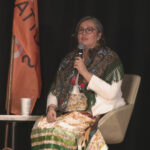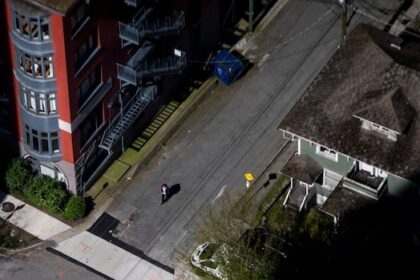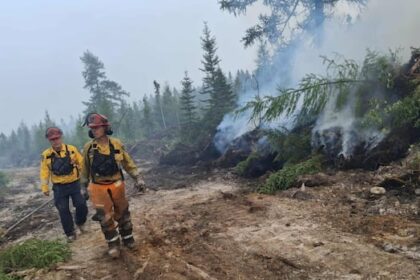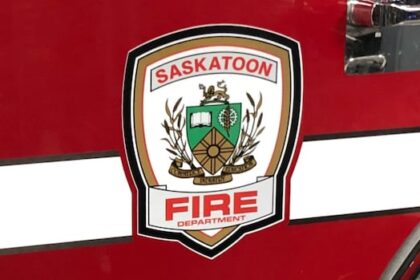Justice for Girls and the Union of B.C. Indian Chiefs (UBCIC) are among the groups calling for a coroner’s inquest into the deaths of three young Indigenous women. The call comes after an independent forensic pathologist’s review into the death of Tatyanna Harrison, 20, was released Monday. The families of the women delivered a formal request to B.C. Minister of Public Safety and Solicitor General Garry Begg on what was also Red Dress Day. They said the pathologist’s review disputes the findings of the coroner regarding the cause of Harrison’s death. “Get off the pot,” was the message UBCIC president Grand Chief Stewart Phillip had for the newly elected federal government. Phillip said it was time Indigenous women and girls stop “being victimized on our streets with impunity.” Authorities did not initially deem Harrison’s death suspicious, despite her “being found deceased and partially naked from the waist down on a dry-docked yacht in Richmond, B.C. on May 2, 2022,” according to Justice for Girls. The B.C. coroner initially determined Harrison’s death was due to accidental drug overdose but later listed her official cause of death as sepsis after conducting an autopsy in 2022. The new independent forensic analysis and review by a forensic pathologist with Vancouver General Hospital concluded the cause of Harrison’s death should be ruled undetermined. “There appears to be no compelling evidence to suggest that the cause of death would have been sepsis, as has been proposed by the BC Coroners Service autopsy pathologist and the reporting coroner,” Dr. Matthew Orde’s report says. Several social justice groups along with the families held a news conference to release the independent pathologist’s findings. An inquest is necessary “in light of light of the enduring genocidal crisis of Missing and Murdered Indigenous Women, Girls and Two-Spirit+ people, failures by justice authorities, and the inadequate implementation of recommendations from various human rights bodies who have found this to be a grave human rights violation,” according to a press release issued ahead of the news conference. Harrison’s mother Natasha addressed the news conference. “I miss my baby girl,” Harrison said. “I remember going into stores, and I couldn’t pass someone in need without her making me help them, even if I was broke.” “She just wanted fairness and justice. And the irony is she’s being failed in that very way,” she said. The groups say with Harrison’s original autopsy, a rape kit was not performed despite the suspicious nature in which she was found. One was eventually completed, however the groups say the lab work has never been processed because authorities say there is no evidence of criminality in her death. “We believe there were serious issues with the adequacy of the death investigation surrounding Tatyanna’s case and that the investigations into the deaths and disappearances of all three of these young women lacked the thoroughness and due diligence that we would expect from law enforcement where two young, vulnerable Indigenous women and an Indigenous teen girl were missing and found dead with no explanation about how they got there,” says Sue Brown, lawyer for Justice for Girls. The office of the Police Complaints Commissioner of British Columbia says it’s continuing to investigate the officers involved in all three cases for alleged neglect of duty relating to their actions while investigating the disappearances. But, according to the participants at the news conference, Harrison’s death is not the only one that needs looking into. In Chelsea Poorman’s case, authorities have said the investigation remains open but it is not a criminal in nature. Poorman, 24, a member of Kawacatoose First Nation in Saskatchewan, was visiting Vancouver when she went missing Sept. 6, 2020. Her remains were found in the yard of an abandoned mansion a year and a half after she was reported missing. UBCIC says Noelle O’Soup, 13, from the Key First Nation in Saskatchewan, went missing from a foster care group home in Port Coquitlam, B.C., in May 2021. They say her body was found a year later in a Downtown Eastside Vancouver apartment occupied by a 46-year-old convicted sex offender. “The silence in her case is deafening,” says Josie August, the girl’s aunt. Grand Chief Stewart Phillip, president of the UBCIC, said during the news conference that the police investigations into the three deaths are in contrast to the 2009 death of jogger Wendy Ladner-Beaudry at Pacific Spirit Regional Park in Vancouver. “She was white,” Phillip said. “There was a task force established. There was a $30,000 reward set up for information leading to the conclusion of that investigation. But you haven’t heard of a similar response to these three cases here. “You never do. They’re dismissed. They are not fully investigated. And, quite frankly, that has to change.” Phillip said Indigenous groups may consider taking legal action against governments and policing agencies “to move (them) to provide sufficient resources to follow these cases through.“ Phillip says the investigations into the deaths of the young women are “shocking and shameful displays of systemic racial discrimination that showcase “the enduring failures of the Canadian justice and child welfare systems. APTN News reached out to Begg’s office for comment, and received a statement Monday afternoon. “The deaths of Tatyanna Harrison, Chelsea Poorman and Noelle O’Soup are a tragedy, and my thoughts are with their families,” the statement from Begg said. “Families expect that everyone involved in investigations like these works hard to get justice for those who died too soon,” Begg said. “It’s crucial that we can trust the integrity and actions of the officers doing these heartbreaking investigations. I have received a request for a coroner’s inquest from the families of these young women and this is something that my office is looking into. “Indigenous women and girls are more likely to be assaulted, murdered or go missing than any other women in Canada. Our government is committed to continue taking action to end violence against Indigenous women and girls in our province and country,” the statement concluded. With files from The Canadian Press Tags: autopsy, cause of death, Chelsea Poorman, Downtown Eastside, Dr. Matthew Orde, Foster care, group home, Inquest, Justice for Girls, Kawacatoose First Nation, Key First Nation, Noelle O’Soup, Pathologist review, sex offender, Stewart Phillip, Tatyanna Harrison, UBCIC, undetermined, Vancouver Continue Reading
Families, UBCIC among groups demanding inquest into deaths of young Indigenous women
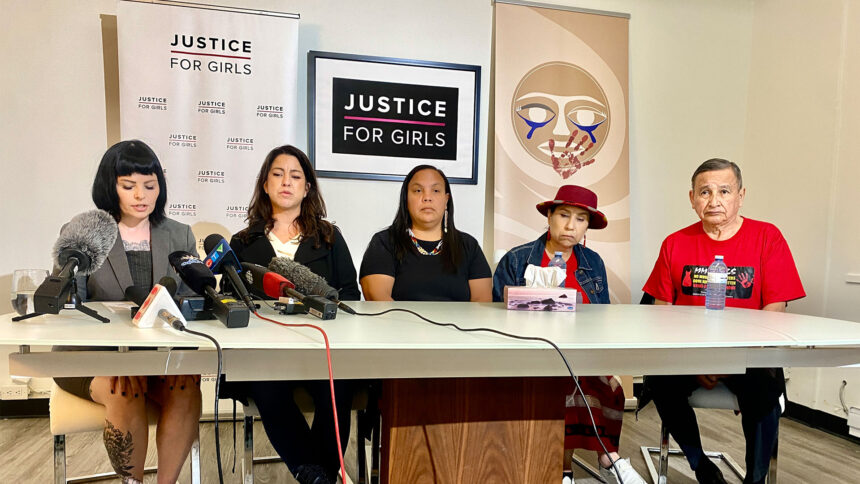
Leave a Comment



